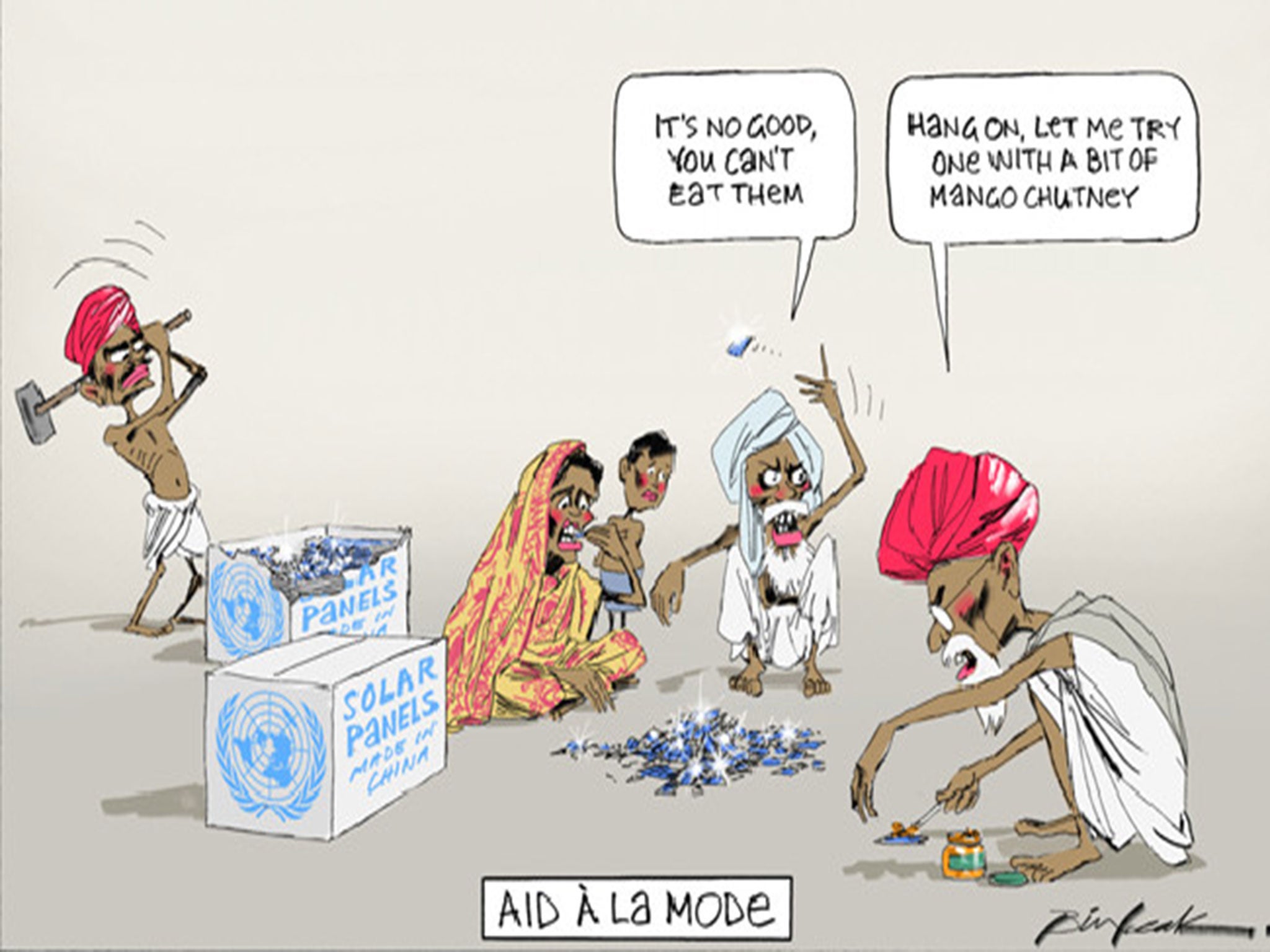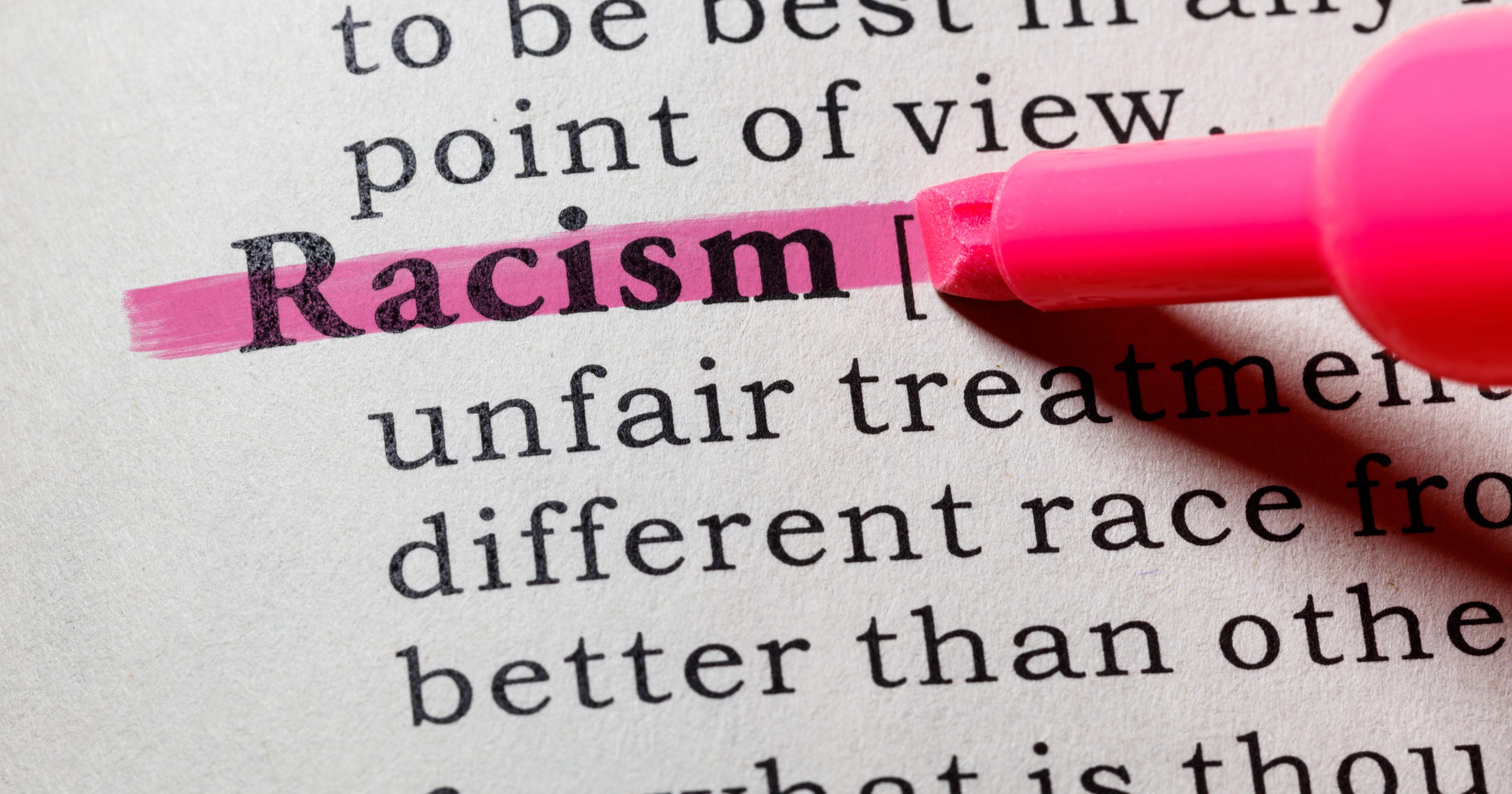Racist Jokes: Understanding The Impact, Challenges, And Moving Forward
Let’s be real here folks, racist jokes have been around for way too long. They’re like that weird uncle at the family gathering who always says something awkward, but instead of just being awkward, it’s hurtful. The thing is, these jokes aren’t just harmless banter—they carry real weight and consequences. So, we’re diving deep into why these jokes are problematic, how they affect people, and what we can do to change the narrative.
You might be thinking, "What’s the big deal? It’s just a joke, lighten up!" But here’s the thing, words have power. And when those words are rooted in stereotypes, discrimination, or hate, they can leave lasting scars. Racism isn’t something we should ever take lightly, even in the form of a so-called "joke."
This isn’t about canceling humor or being overly sensitive. It’s about recognizing the impact of our words and actions. So, if you’re ready to learn more about why racist jokes are a no-go, stick around because we’re about to break it down for you.
What Are Racist Jokes Anyway?
Racist jokes are those jokes that rely on racial stereotypes, prejudices, or discriminatory attitudes to get a laugh. They often target specific groups based on their race, ethnicity, or cultural background. But here’s the kicker—they’re not funny. Sure, they might make a few people chuckle, but at what cost? These jokes perpetuate harmful stereotypes and can contribute to a culture of intolerance and hate.
Think about it this way, if someone tells a joke that makes fun of a person’s skin color, accent, or traditions, it’s not just a joke—it’s an attack on their identity. And no one should have to endure that kind of disrespect, especially in the name of humor.
Why Do People Tell Racist Jokes?
Now, you might be wondering, why do people even tell these jokes in the first place? Well, it could be a mix of things. Some folks might not realize the harm they’re causing. They think it’s just a harmless bit of fun, but they’re missing the bigger picture. Others might use these jokes as a way to assert dominance or superiority over others. It’s a toxic cycle that needs to be broken.
And let’s not forget about the influence of media and culture. If someone grows up watching movies or TV shows that normalize racist humor, they might think it’s acceptable. But just because something is popular doesn’t make it right.
The Impact of Racist Jokes on Individuals
Racist jokes don’t just hurt feelings; they can have serious emotional and psychological effects on individuals. When someone hears a joke that targets their race or ethnicity, it can make them feel devalued, invisible, or even unsafe. It’s like someone is telling them, "You don’t belong here."
Imagine being in a room full of people, and someone cracks a joke about your culture. You’re left with this sinking feeling in your stomach, wondering if they really see you as a person or just a stereotype. It’s not a good place to be, and it’s something that no one should have to experience.
Emotional Effects
- Feelings of isolation and exclusion
- Increased anxiety and stress
- Decreased self-esteem and confidence
- Difficulty trusting others
These effects can linger long after the joke is told, creating a lasting impact on a person’s mental health. And let’s be honest, no one deserves to go through that just because someone wanted a quick laugh.
How Racist Jokes Affect Society
It’s not just individuals who feel the effects of racist jokes; society as a whole suffers too. When we allow these kinds of jokes to go unchecked, we’re contributing to a culture of intolerance and division. It’s like planting seeds of hate that grow into bigger issues down the line.
Racist jokes can perpetuate harmful stereotypes, making it harder for people to see each other as equals. They can also discourage open and honest conversations about race and diversity, which are essential for progress. If we want to build a more inclusive and understanding world, we need to start by rejecting racist humor.
Social Consequences
- Increased racial tension and conflict
- Decreased social cohesion
- Barriers to communication and understanding
- Reinforcement of systemic racism
These consequences are real, and they affect everyone, not just the people being targeted. It’s time for us to take a stand and say no to racist jokes once and for all.
Why Are Racist Jokes Harmful?
Let’s break it down. Racist jokes are harmful because they rely on stereotypes and prejudices to get a laugh. They reduce people to caricatures, stripping away their humanity and individuality. And when we laugh at these jokes, we’re essentially saying that it’s okay to dehumanize others. But it’s not okay.
These jokes also contribute to a culture of silence, where people feel like they can’t speak up without being labeled as "too sensitive" or "overreacting." This silence only perpetuates the problem, allowing racist attitudes to fester and grow. It’s a vicious cycle that needs to be broken.
Breaking Down the Harm
- Perpetuation of harmful stereotypes
- Dehumanization of individuals
- Normalization of discriminatory attitudes
- Suppression of open dialogue
By understanding the harm that racist jokes cause, we can start to dismantle the systems that support them. It’s about creating a world where everyone feels seen, heard, and respected.
Challenging Racist Jokes
So, how do we challenge racist jokes? It starts with education and awareness. We need to educate ourselves and others about the impact of these jokes and why they’re not okay. It’s also about creating safe spaces for people to speak up and share their experiences without fear of judgment or retaliation.
When someone tells a racist joke, don’t just laugh it off. Call them out on it. You don’t have to be aggressive or confrontational; sometimes a simple, "Hey, that’s not cool" can make all the difference. It’s about holding people accountable for their words and actions.
Strategies for Challenging Racist Jokes
- Speak up and call out the behavior
- Explain why the joke is harmful
- Encourage open dialogue and understanding
- Lead by example and model respectful behavior
By taking these steps, we can start to shift the narrative and create a more inclusive and respectful society.
Alternatives to Racist Jokes
Now, you might be thinking, "Well, what can I joke about instead?" The good news is, there are plenty of other things to laugh at that don’t involve hurting others. Humor is a powerful tool, and when used responsibly, it can bring people together instead of driving them apart.
Think about observational humor, wordplay, or even self-deprecating jokes. These kinds of humor can be just as funny, if not more so, without crossing any lines. It’s about finding the balance between being funny and being respectful.
Examples of Positive Humor
- Observational humor about everyday life
- Wordplay and puns
- Self-deprecating jokes
- Satire and parody
These alternatives not only keep the laughter going but also promote a more positive and inclusive environment. It’s a win-win situation.
The Role of Education in Combating Racist Jokes
Education is key when it comes to combating racist jokes. By teaching people about the history and impact of racism, we can help them understand why these jokes are harmful. Schools, workplaces, and community organizations all have a role to play in promoting awareness and understanding.
It’s also about teaching people how to have difficult conversations about race and diversity. We need to create spaces where people can ask questions, share their experiences, and learn from one another. Education is the first step towards change, and it’s something we all need to invest in.
Importance of Education
- Raising awareness about the impact of racism
- Encouraging open and honest dialogue
- Promoting empathy and understanding
- Building a more inclusive society
By prioritizing education, we can start to break down the barriers that allow racist jokes to thrive. It’s about creating a world where everyone feels valued and respected.
The Future of Humor
So, what does the future of humor look like? Hopefully, it’s one where we can laugh together without tearing each other down. It’s about finding the humor in life’s absurdities and celebrating our differences instead of using them as punchlines.
We have the power to change the narrative around humor and make it more inclusive and respectful. It starts with each of us making a conscious effort to be better, to do better, and to demand better from those around us.
Building a Better Future
- Promoting positive and inclusive humor
- Encouraging empathy and understanding
- Creating safe spaces for open dialogue
- Leading by example and modeling respectful behavior
Together, we can create a world where humor brings people together instead of driving them apart. It’s a future worth fighting for.
Conclusion
Racist jokes are a problem that affects us all. They perpetuate harmful stereotypes, contribute to a culture of intolerance, and have serious emotional and psychological effects on individuals. But the good news is, we have the power to change this. By educating ourselves and others, challenging racist humor, and promoting positive alternatives, we can create a more inclusive and respectful society.
So, the next time you hear a racist joke, don’t just laugh it off. Speak up, explain why it’s harmful, and encourage open dialogue. Together, we can make a difference. And remember, humor doesn’t have to hurt—it can bring us together and make the world a better place.
What are your thoughts on racist jokes? Have you ever been in a situation where you had to challenge one? Share your experiences in the comments below and let’s keep the conversation going. And if you found this article helpful, don’t forget to share it with your friends and family. Together, we can create a world where everyone feels valued and respected.
Table of Contents
- What Are Racist Jokes Anyway?
- Why Do People Tell Racist Jokes?
- The Impact of Racist Jokes on Individuals
- How Racist Jokes Affect Society
- Why Are Racist Jokes Harmful?
- Challenging Racist Jokes
- Alternatives to Racist Jokes
- The Role of Education in Combating Racist Jokes
- The Future of Humor
- Conclusion


